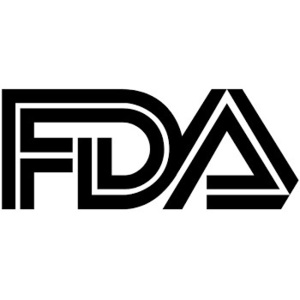FDA withdraws temporary policies on alcohol for use in sanitizers

October 13, 2021
BY Erin Krueger
The Food and Drug Administration on Oct. 13 announce the withdrawal of three guidance documents that created temporary policies related to the production of alcohol-based hand sanitizer during the COVID-19 pandemic, effective Dec. 31, 2021.
The documents were initially issued in March 2020 and updated several times since then. The FDA said it is withdrawing the guidance documents because current data indicate that consumers and healthcare personnel are no longer experiencing difficulties accessing alcohol-based hand sanitizer products. As a result, the agency said the temporary policies are no longer needed to help meet demand for alcohol-based hand sanitizer products or for alcohol for use in alcohol-based hand sanitizer.
According to a notice published in the Federal Register, firms manufacturing alcohol under the temporary policies for use in alcohol-based hand sanitizers, and firms preparing alcohol-based hand sanitizers under the temporary policies must cease production of these products by the end of this year. Sanitizers produced under the temporary policies must be distributed by March 31, 2022. After March 31, 2022, the FDA said it intends to cease its temporary policy of not taking action with regard to distribution of hand sanitizers, or alcohol for use in alcohol-based hand sanitizers, prepared consistent with the circumstances described in the guidance documents.
“We appreciate industry’s willingness to help supply hand sanitizer to the market in response to the COVID-19 [public health emergency],” the FDA said in the notice.
Advertisement
Advertisement
Several U.S. ethanol producers aided in the COVID-19 pandemic response by producing alcohol for use in hand sanitizers and other disinfecting products in line with the FDA’s temporary guidance. Many of those plants have also invested in plant upgrades to add USP-grade alcohol to their product mix. USP-grade alcohol can be used to produce disinfectants as well as pharmaceuticals, fragrances, cosmetics and other high-value products.
A full copy of the FDA’s Oct. 13 notice can be downloaded from the Federal Register website.
Advertisement
Advertisement
Related Stories
The U.S. EPA on July 8 hosted virtual public hearing to gather input on the agency’s recently released proposed rule to set 2026 and 2027 RFS RVOs. Members of the biofuel industry were among those to offer testimony during the event.
The USDA’s Risk Management Agency is implementing multiple changes to the Camelina pilot insurance program for the 2026 and succeeding crop years. The changes will expand coverage options and provide greater flexibility for producers.
EcoCeres Inc. has signed a multi-year agreement to supply British Airways with sustainable aviation fuel (SAF). The fuel will be produced from 100% waste-based biomass feedstock, such as used cooking oil (UCO).
President Trump on July 4 signed the “One Big Beautiful Bill Act.” The legislation extends and updates the 45Z credit and revives a tax credit benefiting small biodiesel producers but repeals several other bioenergy-related tax incentives.
CARB on June 27 announced amendments to the state’s LCFS regulations will take effect beginning on July 1. The amended regulations were approved by the agency in November 2024, but implementation was delayed due to regulatory clarity issues.
Upcoming Events










